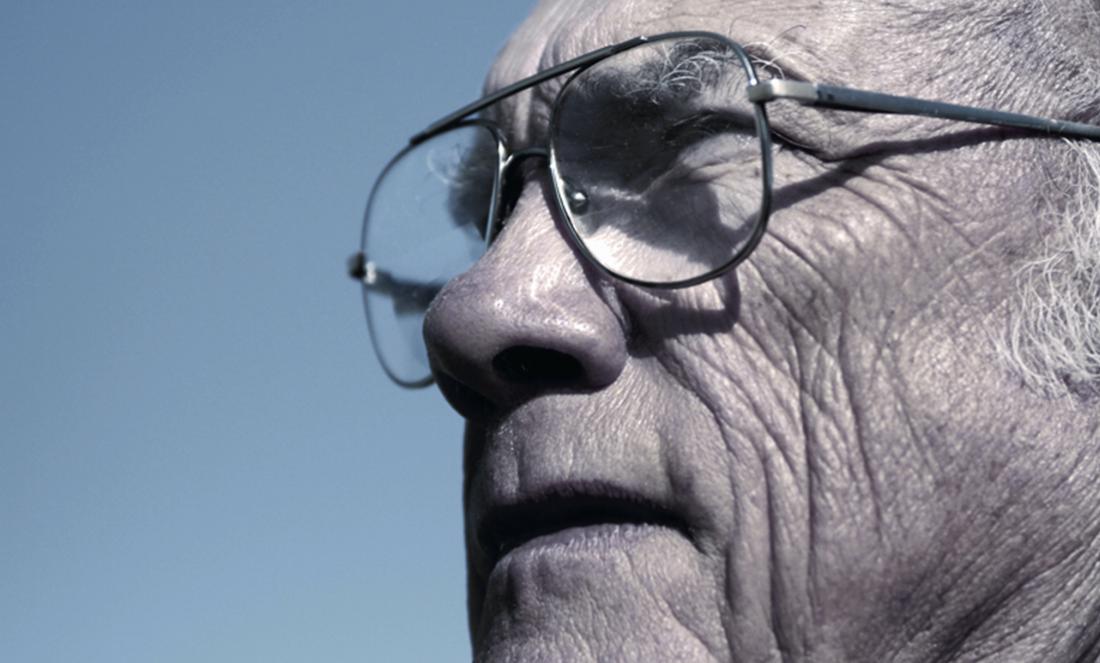
Ageing and abuse. A shared responsibility.
In the entry we want to share with you the article written by Mayte Sancho on ageing and mistreatment, published in the Diario Vasco on the occasion of the world day of awareness against abuse and mistreatment in old age
"June 15, declared by the United Nations as the World Day of Awareness against Abuse in Old Age, we face the unavoidable need to reflect, debate, commit ourselves and fight against intolerable behaviours that violate the most elementary rights of people, in a particularly painful way when they are in a situation of vulnerability, fragility and dependence.
This is a complex issue since it has no history to record: the problem it involves has not been identified as such in its specificity until very recent times. Abuse in general has required a long process of visualisation, in conflict with the formerly inviolable privacy of the domestic environments that contained such a tragic reality in the black box of personal problems. The socialisation of this issue began with the attention paid to child abuse and later moved on to the despicable violence suffered by many women. Only in recent times has elder abuse gradually come to be seen as a situation that can be investigated and dealt with by politically responsible bodies.
The reasons for this process are many, but there is one, related to the social value of old age and the stereotypes that surround this stage of life, which undoubtedly presides over the causality of this lack of interest in such obviously dramatic situations. We are still faced with a distorted perception of the reality of this group of people by virtue of their false identification with illness, dependence, fragility, deficiencies and, consequently, the social burden. These social representations generate a clear underestimation of old age as a stage of life that makes it possible for our society to live with an excessive degree of tolerance for situations that would be unacceptable to any other group of the population.
The concept of "Elderly abuse" includes a set of situations, sometimes too broad, ranging from conduct that constitutes a flagrant crime (physical or mental violence, economic abuse, abandonment, neglect ...) and requiring immediate judicial intervention, to an endless list of behaviors, attitudes, or ways of understanding the treatment of older people that denigrate their dignity and rights. We are talking about practices that are incorporated into everyday life and that, although in principle do not constitute a crime, it is urgent to rethink in the field of individual, social and institutional behaviour.
According to the prevalence study carried out in 2010 by the Basque Government, the number of elderly people who are victims of abuse amounts to around 13,000, a figure which should generate social alarm, despite the fact that it places us in the lowest indexes of countries which have carried out similar studies. In research circles we know, in any case, that this data only shows the tip of an iceberg whose depth we still do not know, given that the dramatic world of abuse is full of limitations, denials and prejudices. In this sense, the inaccessibility of information that could be provided by a large group of people, those suffering from dementia, who are at the centre of this problem and whose discourse is not reached through interviews and questionnaires, is particularly bloody.
On the other hand, workers in the social or health fields who, today more than ever, carry out their duties with a high degree of professionalism, have incorporated certain practices, in many cases protocolised and included in their corresponding regulations, which would undoubtedly be called into question if they referred to another sector of the population: infantilisation in the treatment and activities offered to the elderly, rigid timetables and rules in residential homes that take people away from their normal lives in the last years of their existence, physical or pharmacological restrictions decided on the basis of the security of the organisation and "their good" and, in short, actions that deny autonomy and freedom precisely in the stage of life when they can be exercised most.
The fight against this type of situation involves a familiar route in the Basque Country which, although lacking, is being attempted: knowledge in order to act, awareness, training and intervention in the most effective way. In any case, the work of the institutions will be insufficient as long as a culture of good treatment associated with other ways of understanding care for people in need of help is not urgently imposed. This must be based on an ethical framework presided over by the defence of the dignity of persons and the promotion of their autonomy; of their capacity to make decisions. Good treatment presupposes professionalism, but it imposes sanity, respect for people's preferences and autonomy, the obligation to listen, to understand that behind a person with dementia there is a life with a long history that deserves to be taken into account. In this sense we need to abandon the unnecessary paternalism that so often governs the relationships we establish with older people and understand that at any age we take risks. Why is it that in old age everything is decided in favour of a "security" that is not always requested? Let us put ourselves in their shoes and avoid many situations that we would not wish for ourselves. This principle implies a good primary formula of prevention, although not the only one. To eradicate this social scourge we need the commitment of everyone: people who are getting older, families who are caring, professionals from different backgrounds, service providers, public policy makers, the media... We cannot, no longer, tolerate what we do not want for ourselves".
Article published in Diario Vasco on 15/06/2013


Add new comment